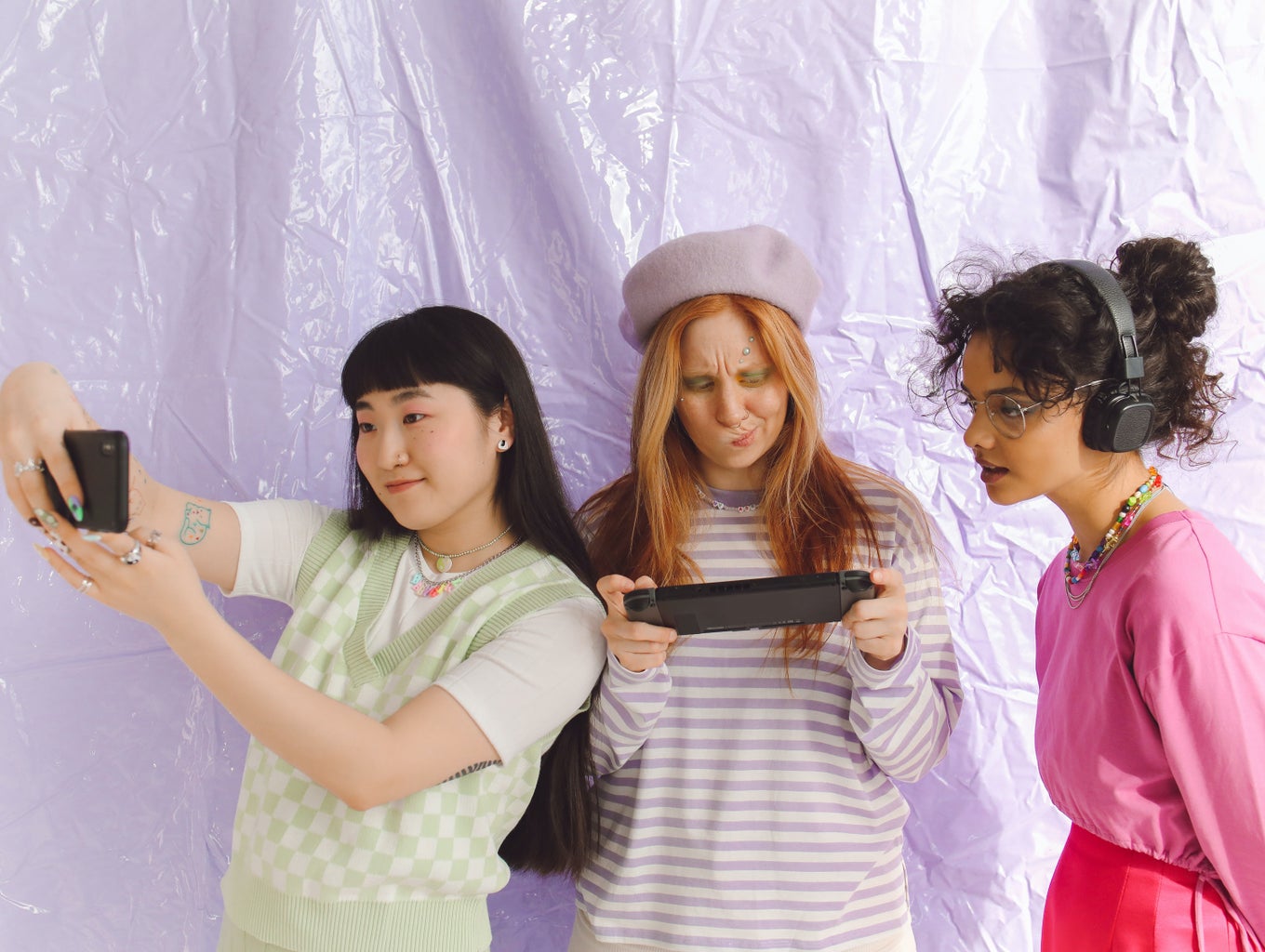It’s a trope as old as time – the female protagonist of a movie, or TV show, or even a book, is told (most often by the guy she likes):
“You’re not like other girls.”
It’s meant to be a compliment, I guess. Being unique, after all, is a desired personality trait. There’s something inherently special about being the only one like you. But, what’s wrong with being like other girls – or more clearly, what’s wrong with other girls? If we’re praising ourselves at the expense of others, are we really deserving of the praise? Or is the phrase “You’re not like other girls” a way of separating women from their community and increasing their internalized misogyny? I’m asking a lot of questions, I know. So let’s break it down:

What’s wrong with other girls?
Saying that you are not like other girls, especially when talking about hopes and dreams or personality traits, implies that there’s something wrong with other girls – that, if we are alike, we are not worthy of male attention, or we are not “special” enough on our own, which just isn’t true. Let’s face it: there are billions of people on the planet, so there’s no WAY we don’t have something in common with someone else. Picture it like a bunch of mosaics made from the same ceramic pieces – Although the ceramics have been broken into different shapes and arranged in a variety of ways, each mosaic is a collection of at least some of the same parts of a whole, while still being totally beautiful in their own way. So yeah, you may be quirky and weird and wonderful, but that doesn’t mean there’s something wrong with girls who are quirky and weird and wonderful in a different way.
How do I fix my internalized misogyny?
This is a tough one. Every woman has a problem with internalized misogyny, because regular misogyny is everywhere. Commercials saying we aren’t good enough if we don’t own a certain product, or reality TV that compares women to each other, or phrases like “you’re not like other girls.” Deciding to love yourself and others despite a barrage of messaging telling you to do otherwise is an act of rebellion, and it’s hard. So don’t get down on yourself if it doesn’t come easy at first. Self-love is a process, and it’s a long one. Choose to combat internalized misogyny through vocalizing positivity – tell another girl you like her outfit. Wake up in the morning and smile at yourself in the mirror. Say every nice thought you have out loud, like “you have really pretty hair!” or “I appreciate your sense of generosity.” Embrace the sense of community that comes with being a woman in a world built against us. And the next time someone tells you that you aren’t like other girls, tell them:
“Actually? I am like other girls.
and that’s okay.”



